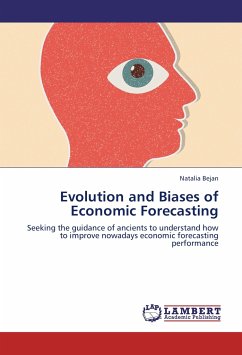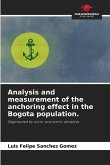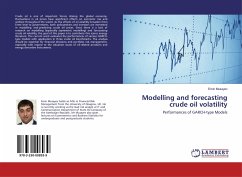In this work an analysis of economic forecasting from two points of view is offered. Firstly, the historical interpretation of the time concept in ancient Egypt, Old Testament and ancient Greece is analyzed; secondly, the current state of economic forecasting accuracy is assessed, the empirical analysis being primarily based on the IMF data. The optimism bias presence in the IMF forecasts is analyzed for the GDP growth rate and inflation rate, in a dataset of 30 selected countries, in the period between 2000 and 2010 years. The presence of optimism bias in both observed variables is detected. Additionally, the comparative IMF forecasting performance analysis of 15 developed versus 15 developing countries is done and shown that on average the predictions for the developed countries are more accurate as compared to the developing countries.








